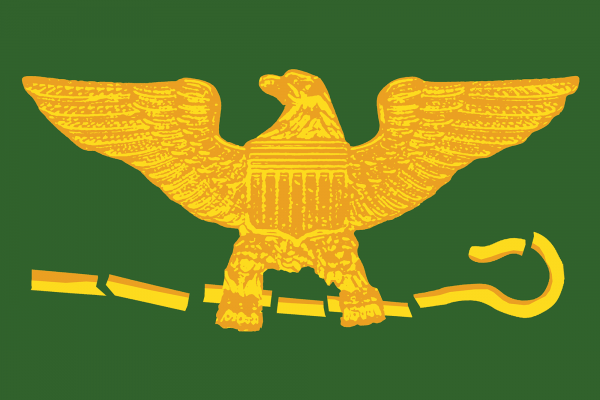PUTIN'S CARNAGE IN Ukraine has given us a horrendous window into the immorality of modern warfare. We may feel one side is an innocent victim and the other an egregious aggressor, but the images from bombed-out civilian sites give us daily, gruesome reminders that the waging of war today is anything but “just,” typified by indiscriminate killing, high civilian casualties, and military actions that are in no way last resorts—and behind all this brutality, the very real threat from even-more-devastating nuclear “weapons of mass destruction.” War is hell, and it always has been, but modern weaponry, tactics, and attitudes make it perhaps more hellacious than ever, especially for civilians.
In this context, who can serve as the outside moral voice, raising questions around the ethics of modern warfare? Who can bring to bear the church’s teaching on war and hold the warriors, particularly those who profess faith, to account? Who can challenge the moral framework of a war and how it is waged? The answer to those questions is probably not “military chaplains.” Tom Witt, a longtime activist and former head of the Lutheran Peace Fellowship, is concerned about the fact that military chaplains are in the military chain of command. “When chaplains are hired by, under the command of, and getting paid by the military,” Witt told Sojourners, “there’s not much chance they can be anything other than cheerleaders, or people who affirm whatever kind of war that we’re in, even if it’s not a so-called ‘just war.’” What we have, Witt said, “is a military chaplaincy rather than a chaplaincy to the military”—and such “embedded” chaplains aren’t free to oppose military doctrines or actions, even if they contradict the teachings of the church.
Read the Full Article

